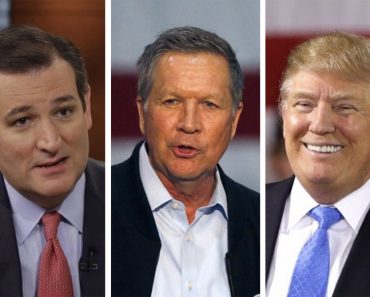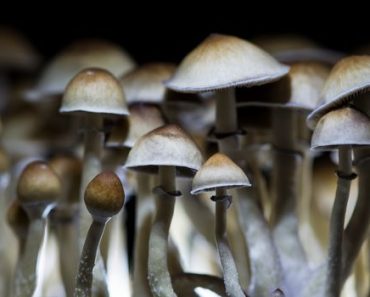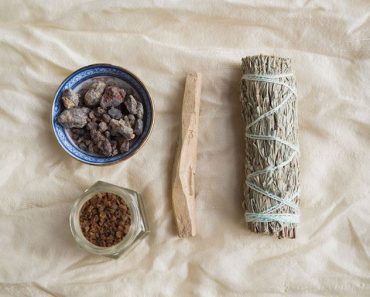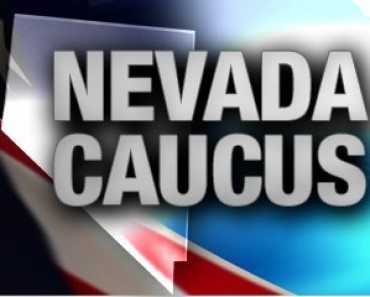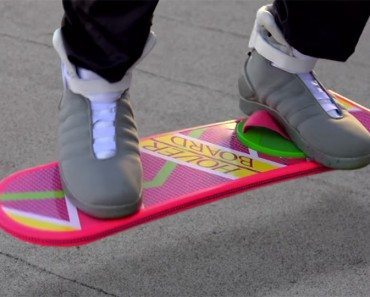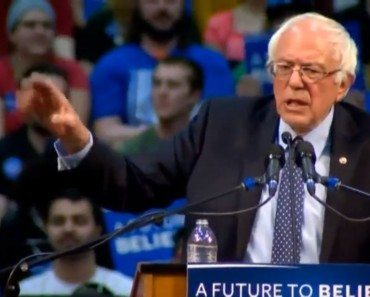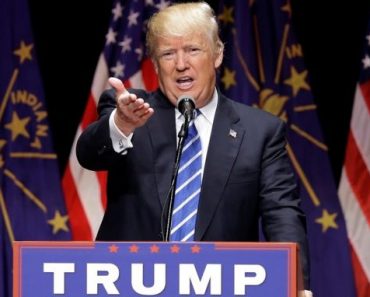
Photo: Product Hunt Blog
“For those of you out there who say “Healthcare isn’t a right,” save your breath unless you have faced a condition that could take your life or the life of someone you love.” – Michelle Chaffee Founder & CEO alska
Healthcare is kind of a taboo subject. Some countries provide healthcare whereas others claim certain things as “pre-existing conditions” that disqualify us from treatment. So we constantly pray that ourselves and our loved ones we don’t get sick. We try to find the right balance between what we can afford and what will keep us alive.

Photo: LinkedIn
Michelle Chaffee, founder, and CEO of alska has learned a lot about our current healthcare system. She fought a battle with cancer that she could hardly afford. To make it worse, she wasn’t able to detect it early on which led to further complications. All because of an outstanding bill she had at her previous healthcare provider. Think about it. Credit card companies will drop you in thousands of dollars of debt, even if you have an outstanding balance. But health care? No way. If you’re sick you better have good insurance or the coin to cover it.
Michelle challenges us to think about healthcare in a different light. She says as she travels “to other nations and collaborates with healthcare leaders to improve delivery of care to their citizens that I, a struggle to access the care I need in the United States of America.” She gave us the following questions to ponder….
Should we get the same rights as prisoners?
The supreme court has held that those under government control must have a few things… “adequate food, clothing, shelter, and medical care.” This is a component of the protections provided by the Eighth Amendment. It says that “Deliberate indifference to serious medical needs of prisoners constitutes the ‘unnecessary and wanton infliction of pain.’”
So why should the general public have fewer rights than our countries prisoners? Does “Cruel and unusual punishment” only apply to them? It seems pretty cruel to make law-abiding citizens suffer because they can’t afford medicine or treatment. Nobody should have to choose between food or medical care.
Are we discriminated against if we are sick?
Healthcare used to provide us with programs like Medicare, Medicaid, and CHIP. These programs made it obvious that there was discrimination based on a citizen’s ability to pay for adequate healthcare. As more regulations come into play, more Americans no longer fit the criteria to receive these supplementary services. The same Americans that can’t afford the cost of the healthcare available to them.
“I don’t consider myself poor but I can’t afford $30,000 a year or more for basic healthcare. Do I have the same rights to life and general welfare as anyone else? If treatment to save my life is available, should I be denied it because I don’t have the ability to pay?” – Michelle Chaffee
It isn’t just the poor or elderly who can’t afford basic healthcare or medication anymore. Hard working people who are necessary to our countries security and growth can’t afford necessary care.
Where do we draw the line?
Some people like to argue that that the government doesn’t pay for our car insurance or life insurance, so why should they pay for healthcare? Michelle explains the difference.
“Driving a car isn’t necessary for survival, neither is providing an inheritance for your heirs. These things aren’t the same as access to professional healthcare services that prevent you from dying. Suggesting these things as examples of why healthcare isn’t a right, is a faulty argument and insulting to anyone who is sick.” – Michelle Chaffee
Michelle goes on to say that she’s not even insisting the government cover the cost. Just the thought of making it affordable sounds like a good place to start. At the very least, we should be insuring people with true life-threatening diseases. But maybe, just maybe it’s time to make it an undeniable right of every American.

